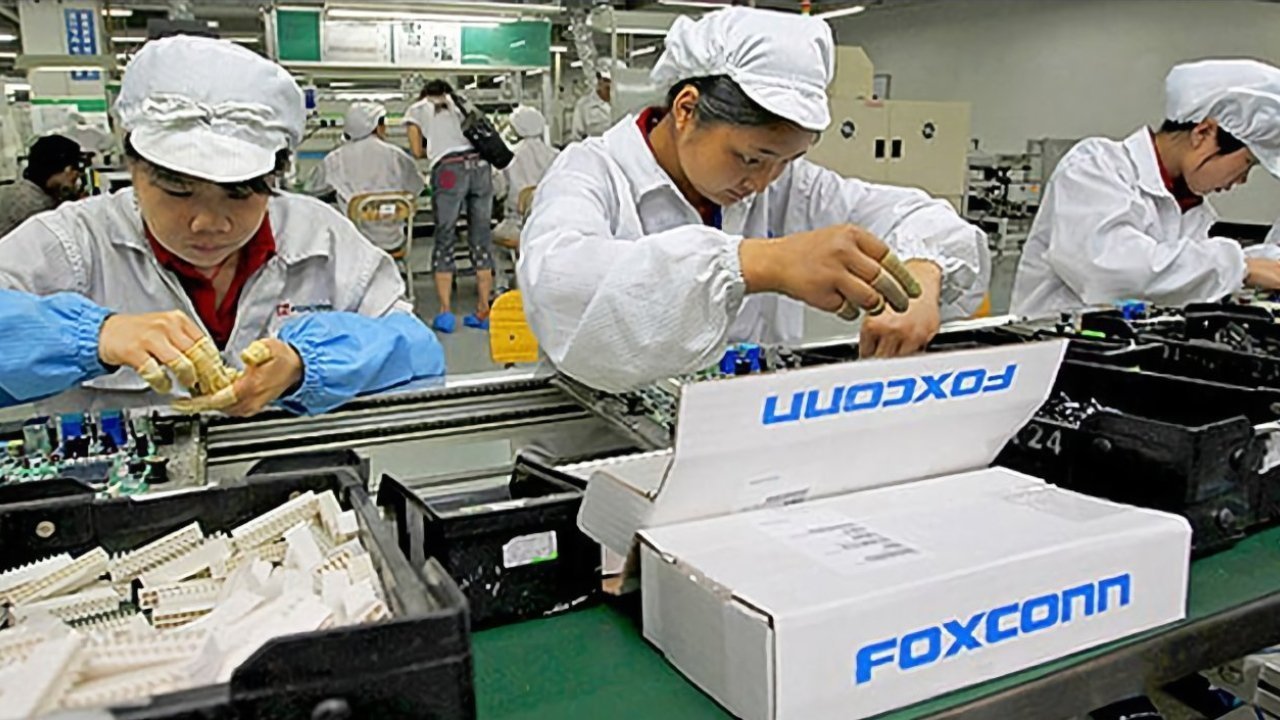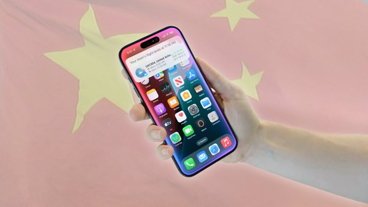A new report claims that a supplier may develop new technology or new processes, only for Apple to — perfectly legally — take that work to a cheaper company, sometimes leaving the original one to go bankrupt.
There have already been examples in 2024 of how being an Apple supplier may not be a great idea. While no parties involved will directly confirm it, it appears that Apple abruptly cancelled two micro LED suppliers — one of whom had spent $1.4 billion building a factory for it.
Reportedly, those firms have no recourse with Apple, and presumably it's because the cancellations were allowed within the contracts. According to The Information, Apple's typical contracts also give it complete control and at least co-ownership, over every step of the supplier's manufacturing process.
That means a firm can invest in developing a production technique, and Apple is entirely within its rights to take that process to another firm. The accusation is both that Apple does this, and that it does so by giving information from US companies to suppliers in China.
For instance, in 2014, GT Advanced Technologies was working with Apple on creating a scratch-resistant screen material. As reported in AppleInsider the supplier went under owing almost half a billion dollars — all of which it attributed to Apple's increasing demands and refusal to renegotiate.
It's claimed now that once the firm had declared bankruptcy, Apple took its the material recipe GT Advanced Technologies developed, and gave it to suppliers including Hong Kong-based Biel Crystal. According to unspecified former employees, Apple also gave the details to a firm called Lens, and has subsequently played each company off against the other to get better prices.
Apple is accused of having spent years helping Chinese display maker BOE match the quality of displays being made by Samsung. South Korea's Samsung filed a lawsuit against BOE in November 2023 — though that may solely have been a retaliatory response to BOE accusing it of stealing patents.
The allegations against Apple do not make it clear how common a practice of using costly suppliers to create technology for cheaper and Chinese ones. However, it is also claimed that China's SeeYa Technologies has benefited from it as Apple reportedly passed it details of how Sony is making the Apple Vision Pro.
In that case, Sony had reportedly refused to increase its production capacity for the Apple Vision Pro, so it's not a surprise that Apple would look for an alternative.
It's also clear that whatever information Apple does or doesn't pass on to alternative suppliers, it is entirely within its contractual rights to do so. That's true whether its engineers verbally teach new suppliers, or even if they provided documentation about processes.
Perhaps showing that firms are becoming wise to Apple, BOE reportedly dragged its feet over committing investment funds into a new facility. BOE has also now entered into a deal to help India's Samvardhana Motherson make iPhone cover glass — and can buy up to 49% of shares in that firm.
This is despite BOE having reportedly had a rocky relationship with Apple over unauthorized changes in its iPhone screen manufacturing.
Apple has not commented.
 William Gallagher
William Gallagher




-xl-m.jpg)


-m.jpg)






 Thomas Sibilly
Thomas Sibilly
 Wesley Hilliard
Wesley Hilliard
 Christine McKee
Christine McKee
 Amber Neely
Amber Neely

 Malcolm Owen
Malcolm Owen

 Mike Wuerthele
Mike Wuerthele








27 Comments
That’s no bueno. What about patents? Surely that tech is covered by patents so other companies must license it?
It may be legal but certainly not ethical. Corporations complain all the time about China forcing release of intellectual property as a requirement of doing business with the Chinese businesses then taking the IP. This is no different.
Contracts for products or devices that require manufacturing upgrades contain milestones. If they are not reached, products or devices that Apple needs for launch may be delayed with major financial hits. Apple does not need to be painted as unethical here. There is brutal competition in the tech industry.
I can somewhat understand smaller companies getting suckered but I would expect Samsung and Sony to be smarter than that.
So let's see. Apple partners with a company to develop X that company cannot deliver and wants to renegotiate terms that benefit them with no promise that the change in terms will allow them to succeed. Yet, somehow when Apple takes their IP, yes their IP, they paid the pervious vendor, that second vendor is able to succeed?
If you don't like the terms or don't think you can deliver then don't sign. It's their greed to cash in on the Apple supplier train that made them think they could when they knew they couldn't.